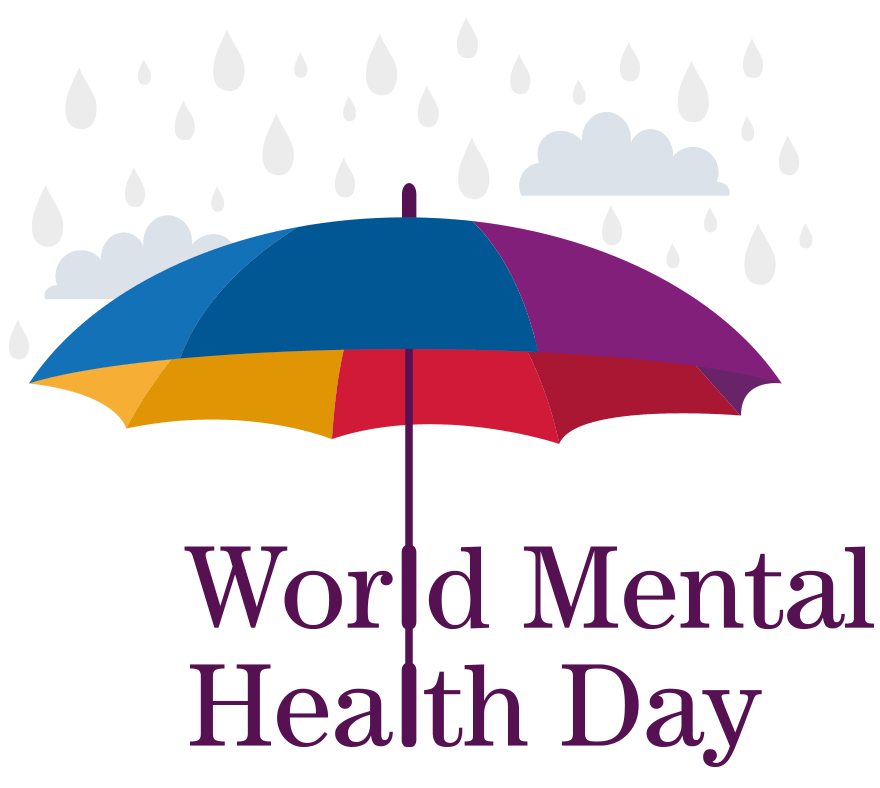One of the pillars to optimal health and wellbeing—sleep is an essential bodily function. Without it, brain activity deteriorates, impacting your concertation, mental clarity, and irritability.
We spend a third of our lives asleep. It remains one of the constants of our routine throughout life. But everyone's different. The amount of sleep you need will be unique to you. The NHS state that most people need an average of six to nine hours of sleep each night. So it's worth spending some time to work out what the perfect evening dose is for you.
It was the Dali Lama who proposed that 'sleep is the best medication'. And for good reason, as, aside from making us feel groggy and grumpy, poor sleep is linked with poor mental and physical health too. We’ll dive a little deeper into this connection below.
The sleep-mental health cycle
You can imagine the link between sleep and mental health to be something of a cycle; the two are inextricably linked. Poor sleep leads to poor mental health. Poor mental health leads to poor sleep. And vice versa.
We’re all familiar with how one bad night’s sleep can leave us feeling depleted of energy, lacking in concentration and generally under the weather. Problems sleeping can lead to low mood, poor relationships and decreased energy for exercise. In turn, this kind of lifestyle increases your susceptibility to mental health problems.
Getting the sleep we need helps us process emotions, make decisions and consolidate memories. And there is no substitute for that. These things are essential for us to maintain good mental health and feel equipped to ride the ups and downs of life. Good sleep helps us prevent and recover from mental health conditions.
On the flip side, when we’re struggling with our mental health, sleep is inclined to be affected too. Depending upon the mental health challenges you’re facing, there’s a range of ways your sleep might take a hit.
- Anxiety - If you’re suffering from anxiety, you might experience racing thoughts, a raised heart rate and headaches, making it difficult to drift off to sleep.
- Depression - Symptoms of depression include finding it difficult to fall asleep at night and waking up very early in the morning.
- Stress - While stress isn’t a mental health condition itself, it has a tremendous influence on mental health. Sleep too takes a knock when our stress levels are on the up.
Expert insight on mental health and HR
This article was first published by Croner's wellbeing partner, HealthAssured, the UK and Ireland’s largest independent and award-winning employee assistance programme (EAP) provider.
For expert support with an HR or employment law issue, speak to one of our consultants today on 01455 858 132.
Related resources
Categories
- Business Advice
- Contracts & Documentation
- Culture & Performance
- Disciplinary & Grievances
- Dismissals & Conduct
- Employee Conduct
- Employment Law
- End of Contract
- Equality & Discrimination
- Health & Safety
- Hiring & Managing
- Leave & Absence
- Managing Health & Safety
- Moving
- Occupational Health
- Pay & Benefits
- Recruitment
- Risk & Welfare




